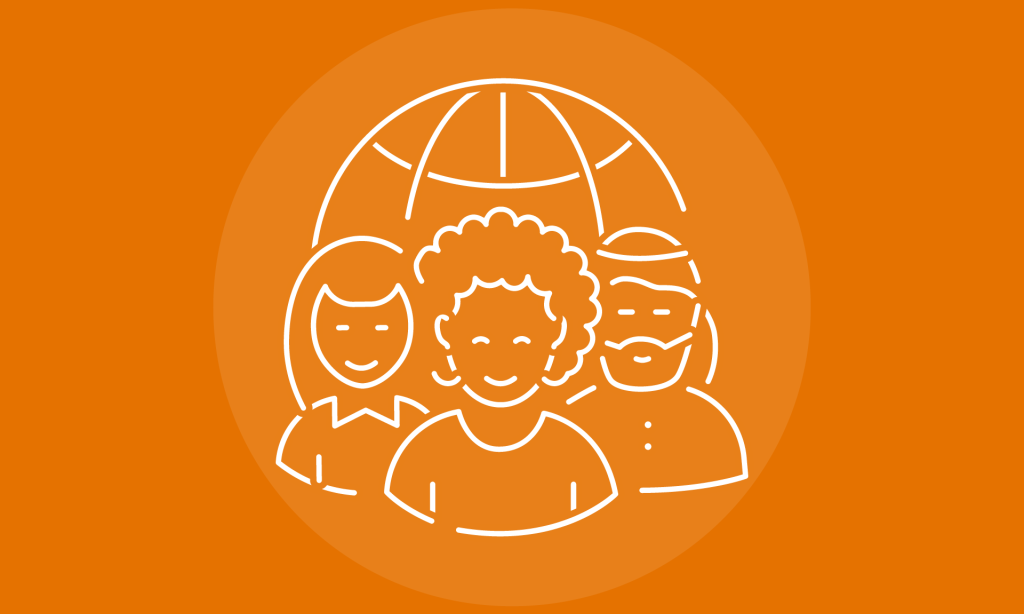

 Article
Article

Getting diversity and inclusion right in any organization is a function of change. It’s about overcoming barriers, getting people out of dominant paradigms about diversity, and empowering people to understand diversity and inclusion as part of the overall livelihood of their organizations. That means providing models and templates that get results.
As we close Women’s History Month, some of Darden’s many female faculty experts share wisdom on leadership and business. Here they offer guidance in advancing to leadership positions, creating trust, race in the workplace, leading mindfully through crisis and supporting female entrepreneurs in emerging economies.

Building a successful organization requires more than hiring smart people with the right skills. It also requires a mutual sense of purpose — a strong company culture. Even before COVID-19, that was no small task. Darden experts weigh in on frameworks for improving the quality of culture, as well as building the kind that benefits all involved.
Have you ever shown up to a meeting thinking you’ve got great ideas, piercing insights and the motivation to make a positive impact, only to discover the decisions you thought were still on the table have already been made? You’re left wondering if you were the only person who didn’t know. How did that happen?
The social unrest of 2020 brought new attention to long-simmering issues of diversity, equity and inclusion in the U.S. and around the globe, and prompted many to seek to learn more about longstanding societal inequities — and potential paths forward. Six Darden professors deliver their thoughts and share additional thought leadership.
Diversity, equity and inclusion are imperative. How can companies — and the individuals in them — ensure the kind of inclusive hiring practices that will lead to a genuinely equitable and diverse culture? Darden Professor Toni Irving discusses problems and solutions for hiring and developing diverse talent.
Grassroots organizations are engines for transformation but lack stable funding. To address these challenges, IAF and the Mott Foundation created a public-private partnership to put underserved communities in control of projects that improve quality of life, foster civic engagement and contribute to a more robust democracy in Mexico.